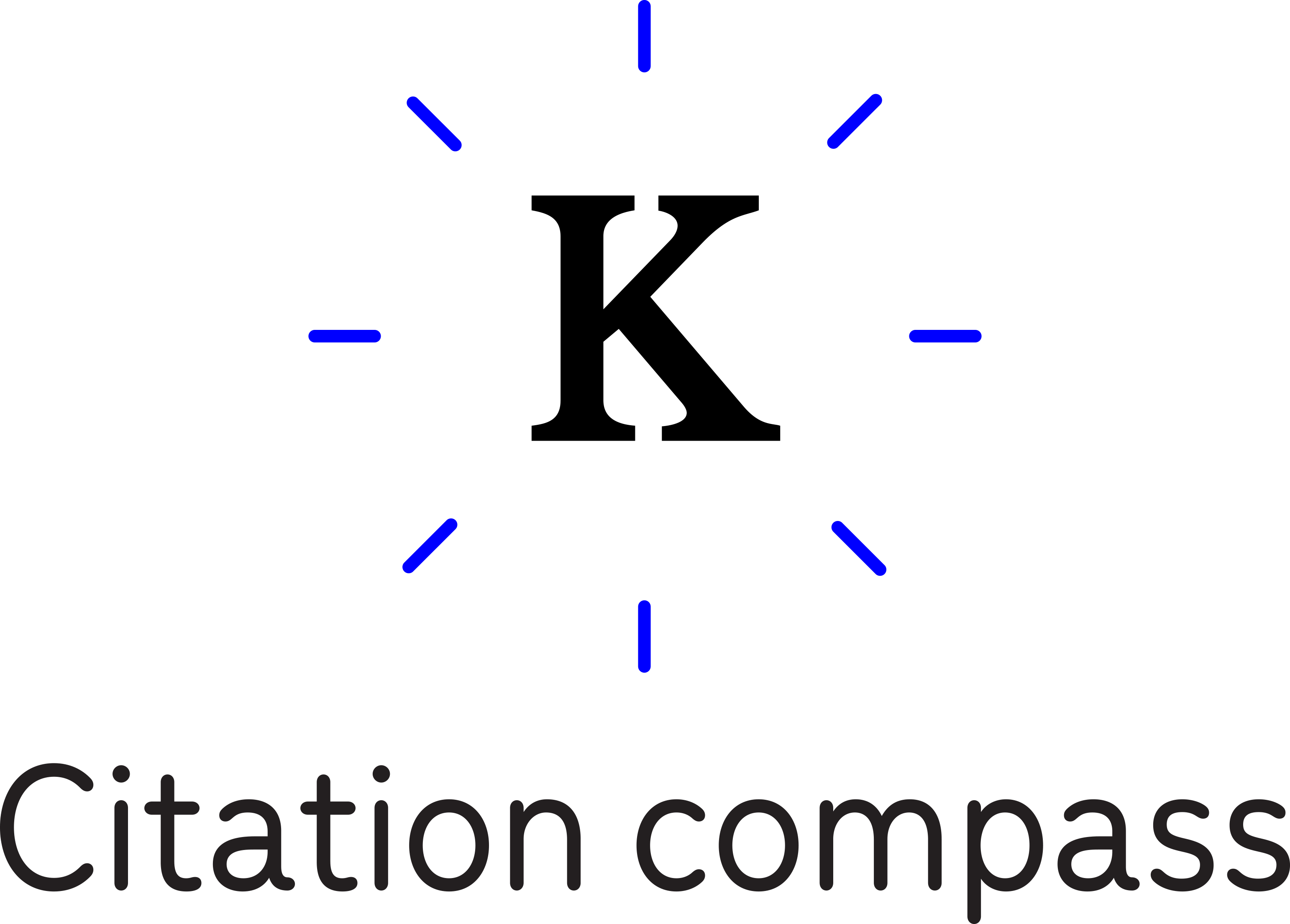OBSOLETE – Is the source still current?
Evaluating the relevance of the source is important when you consider using it. The information should be up to date and current.
Sources may become outdated. If you are going to rely on research results, they should have been published within a certain timeframe, dependent on the field of research. In fields such as medical research and information technology, information sources become outdated more rapidly than in other fields.
In most cases, you would want to retrieve the most recent information – use the last and updated versions of sources if, for instance, you are looking for facts or statistical data.
Keep in mind that older sources of information may also be relevant in certain academic fields. If you are looking for information about historical conditions, you may consider using sources close to the event of interest. Some sources are considered seminal, and their recognition within the academic field is close to being timeless. Aristotle, Newton, Kant, and Einstein are examples of renowned authors that will be counted as relevant and safe sources to rely on, independent of time. Likewise, some research reports have a status as being seminal: The Milgram-experiment, The Rosenthal-effect, Semmelweis’ discoveries, and several others. Piaget and Vygotsky are examples of renowned theorists who have developed theories and concepts upon which contemporary knowledge is constructed. In such cases, older sources would be of relevance.
Check this:
- Has there been a development in the field of study after the source was published?
- Is the content of the source, such as numbers, statistics, findings and research methods, up to date?
- Are there new or revised editions of the source? You can check the library databases.
- For webpages, check when it was published, and when it was last updated. The date may be relatively recent, but there is still no way to know what kind of update was made at the time. If the webpage has not been updated for some time, it may reveal a lack of management or resources. It is important that you compare the content with other sources of information.
- Liste element #1
- Liste element #2
- Liste element #3
